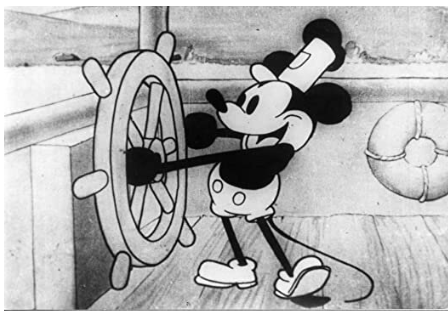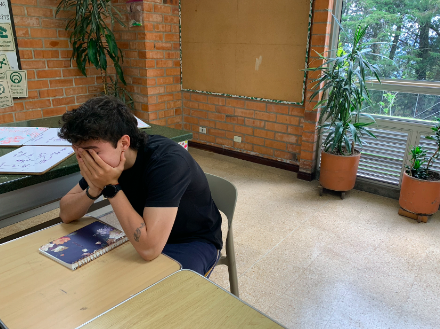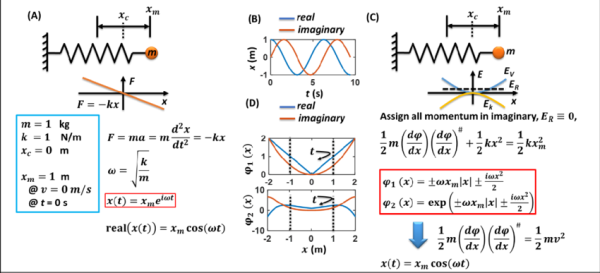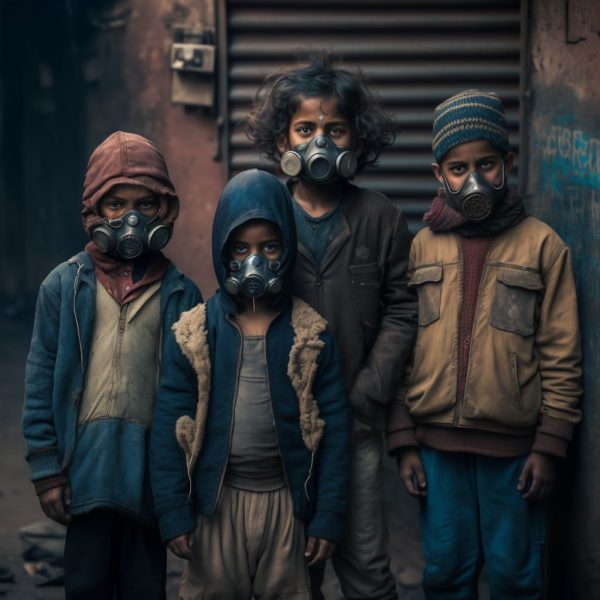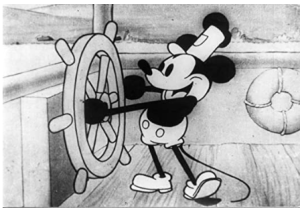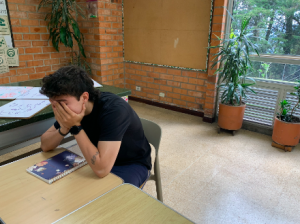Abortion and Privilege
“The rich ones get abortions, the poor ones die,” claims Paula Avila, Director at the Women’s Equality Center. While abortion in Colombia is a much-debated topic, the truth remains that unsafe abortions account for 10% of Colombia’s maternal deaths, and that only 8-10% of the yearly 400,000 abortions happen in licensed facilities. Thus, being part of the “pro-life” movement is an indicator of privilege, and the polemic that abortion causes is plagued by blind spots that prevent us from recognizing abortion for what it is.
Abortion has been practiced for as long as humans have existed; its criminalization is recent. Historically, it has been the most used form of birth control, and its banning resulted from the economic interests of countries around the world. In fact, one in every five women had abortions in the 19th century. According to Anna Peterson, Ohio State University professor, pregnancy and its termination was considered “a private matter controlled by women.” More so, abortion before the “quickening” or when the fetus first moved, wasn’t considered a termination of pregnancy at all. Towards the end of the 19th century, however, countries wanted to ensure that their workforce would compete with their rivaling nations’. Thus, abortion restriction is a result of greed. In fact, the American Medical Association began campaigning against abortion in 1875 as part of its efforts to restrict competition from homeopaths and midwives. In other words, doctors saw other medical practitioners as a threat to their wallets, and thus, questioned them- and abortion- publicly. And while it can be argued that abortion restrictions surged as religiously influenced legislature, there was a time where the Roman Catholic Church didn’t condemn the termination of pregnancies. In fact, “(St.) Augustine wrote that abortion could not be considered homicide ‘if what is brought forth is… at the stage of being some sort of living, shapeless thing.” As such, the prohibition of abortion surged as a way to benefit the rich, and use women’s bodies as a method to strengthen countries. However, regardless of its criminalization in the 19th and 20th centuries, rich women could continue having illegal abortions because they could pay the “substantial amounts of money,” that doctors charged.
However, financial privilege allowed for abortions in the past, but now it is what causes them. “73% of women undergoing an abortion said not being able to afford a baby now was a reason for the abortion.” However, it’s also important to note that often, women in poverty don’t want to have abortions either. “Sometimes people don’t have the resources (to have a child), but because society has made them think that it’s bad, they themselves think abortion is terrible,” claims Paulina Trujillo, a pro-abortion student from Medellin. Hence, although some people might speak from their privilege when condemning abortion, others might just be following what is expected of them in a society where the Catholic Church still meddles in the country’s politics constantly. “I’m not the most religious person… but my faith does have an influence on my views about abortion,” says Jacobo Escobar, pro-life student from Medellin. “I think that people in poverty that get pregnant cherish the baby more than people with material richness. Since they have less, they appreciate the people around them more,” Escobar continues. However, the dominant narrative that abortion is immoral has been popularized by privileged people from the start. Whether this happened through legislation to stimulate population growth or through the systematic demoralization and ridiculing of homeopaths who performed non-surgical abortions, the narrative that women cannot have full ownership of their bodies comes from privilege.
It must also be understood that abortion access transcends the needs of the mother. In the United States, for instance, when abortion was legalized, infanticide and the number of babies put up for abortion decreased dramatically. Additionally, “legalized abortion led to less unwantedness; unwantedness leads to high crime; legalized abortion, therefore, led to less crime.” Hence, the world where wanted babies come into is safer because of abortion. “It’s also unfair to raise a child into a world when they don’t have access to the support and the services that they do deserve,” claims Danielle Villafaña, Australian activist and Co-Founder of Youth Survivors for Justice. As such, one needs to go beyond the privileges of the mother and look at the lack of privileges of an unwanted child, ranging from experiencing distant parents, to being more vulnerable to infanticide and abuse. Nevertheless, even when abortion access has been proven to lead individuals into successful futures, some dissent. “I don’t think that having a child will restrict your freedom. I think that a child is a blessing, a gift, and something you should love. I’m sure they will love you back,” Escobar states. While nothing should interfere with anyone’s faith, abortion access isn’t one of such barriers; it’s simply a service available to people who request it. As such, we must all begin to question our privileges, or lack thereof, and the fears that fuel our opinions about abortion.
While abortion will always continue to be a polarizing topic, the very birth of the discussion was plagued by privilege and greed. It isn’t a coincidence that its current discussion is also lead by misconceptions and the blind spots that enable prejudice, discrimination, and judgment. If we took a closer look at exactly why pregnant people terminate pregnancies, the discussion would turn to why it bothers others so much what women, in particular, do with their bodies.



